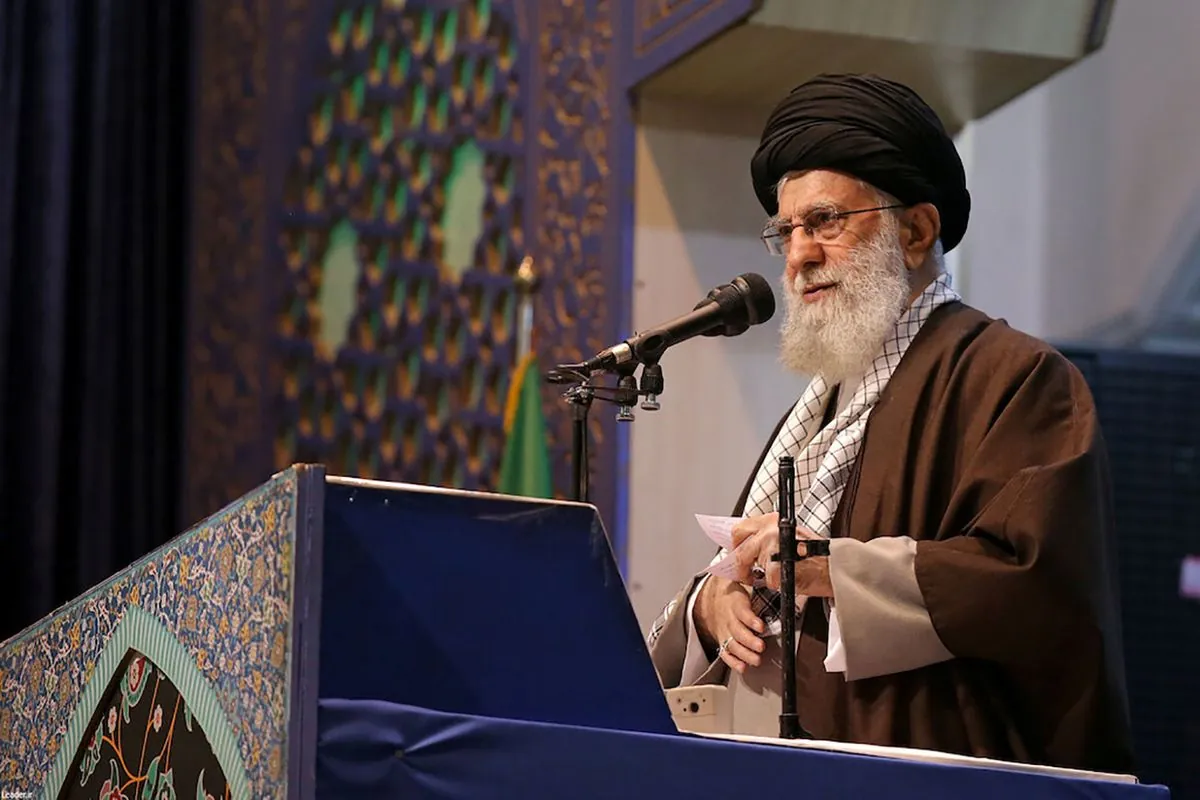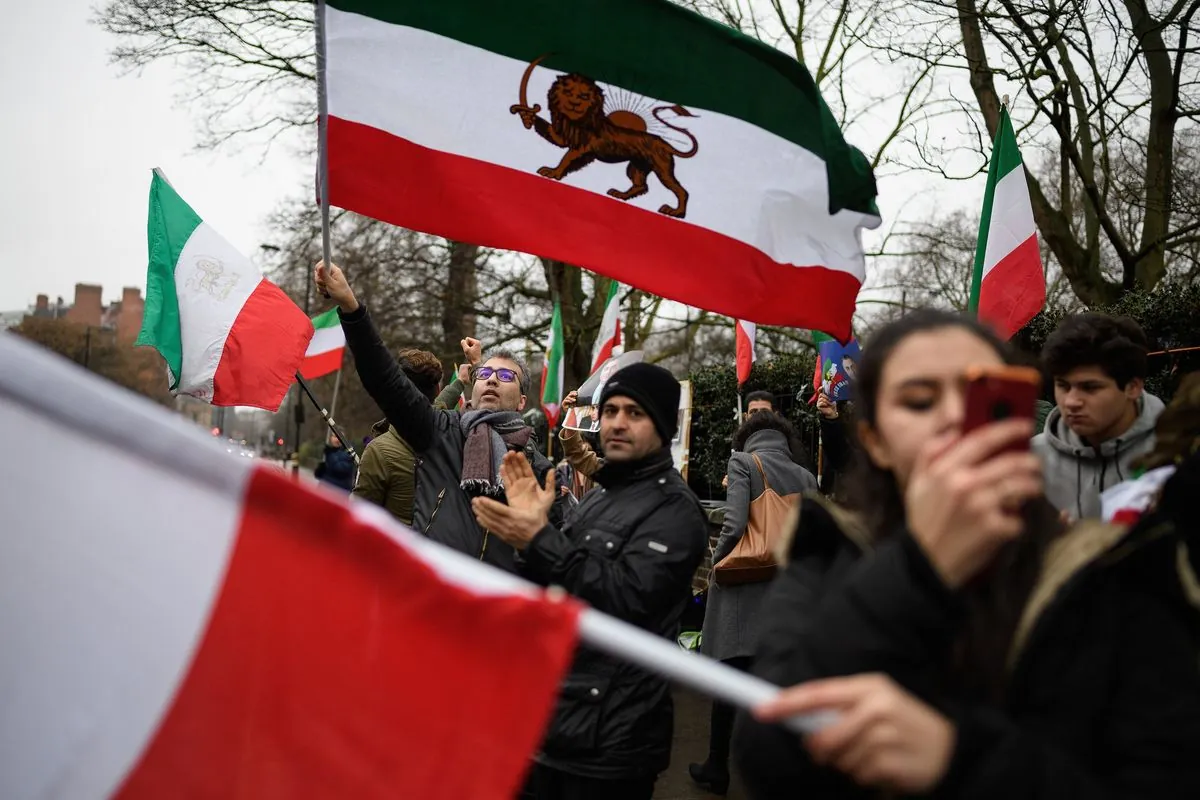Iran's Supreme Leader Advocates for Cyberspace Regulation, Citing Global Trends
Iran's Supreme Leader calls for stricter internet controls, referencing Telegram founder's arrest. The country faces criticism for its digital restrictions amid global debates on online regulation.

In a recent address to President Masoud Pezeshkian and his cabinet, Iran's Supreme Leader Ali Khamenei emphasized the necessity of regulating cyberspace, pointing to international practices as justification. This statement comes amidst Iran's ongoing struggle with internet freedom and censorship.
Khamenei referenced the arrest of Pavel Durov, the founder of Telegram, in France as an example of global internet regulation. He stated, > "There need to be laws to regulate cyberspace. Everyone does it. Look at the French, they arrested this man and threatened him with 20 years in prison for breaching their laws."
[[Khamenei on cyberspace regulation]]
The Islamic Republic maintains some of the world's most restrictive internet controls. Despite this, many Iranians circumvent blocks on popular social media platforms using virtual private networks (VPNs). Iran's internet penetration rate stands at approximately 80% as of 2023, highlighting the population's digital engagement despite restrictions.
Durov, who holds citizenship in France and the UAE, was apprehended in Paris as part of an investigation into alleged crimes related to child abuse, drug trafficking, and fraudulent transactions on Telegram. The messaging platform is currently blocked in Iran.
Iran's approach to internet regulation has evolved since the implementation of censorship in 2005. The country has developed its own national intranet, the National Information Network, and promoted domestic alternatives to popular social media platforms. The establishment of the cyber police unit FATA in 2011 and the Supreme Council of Cyberspace in 2012 further solidified the government's control over online spaces.
President Pezeshkian has expressed concerns about the economic impact of internet filtering, particularly on small businesses reliant on social media. This stance reflects the ongoing debate within Iran about balancing regulation and economic needs.
According to digital rights group Access Now, Iran ranked third globally in internet shutdowns in 2023. These disruptions included nationwide mobile network outages and blocking access to Instagram and WhatsApp, which were among the few major platforms not already banned.

The Iranian government's "halal internet" policy and the promotion of a controlled online environment continue to face criticism from advocates of internet freedom. As the country grapples with these issues, the global community watches closely, recognizing the broader implications for digital rights and online governance.


































